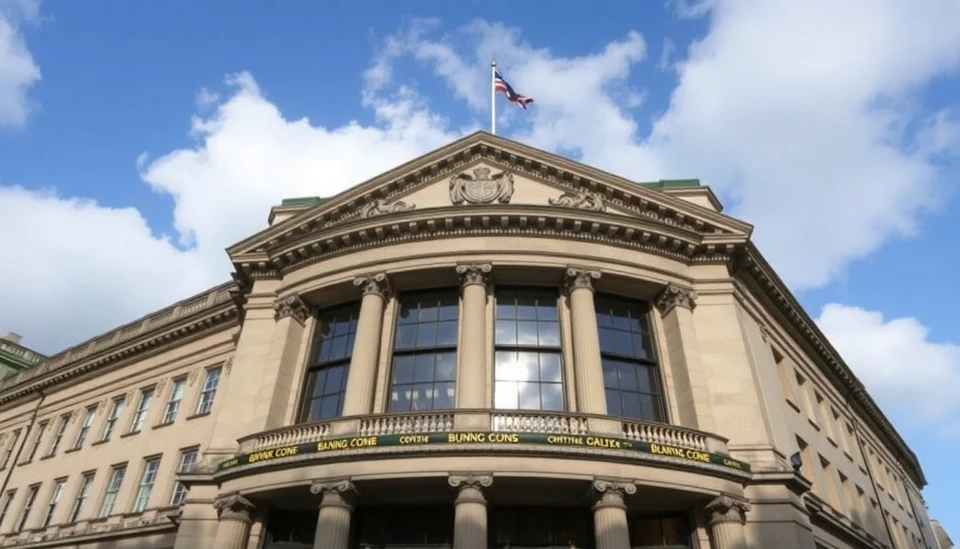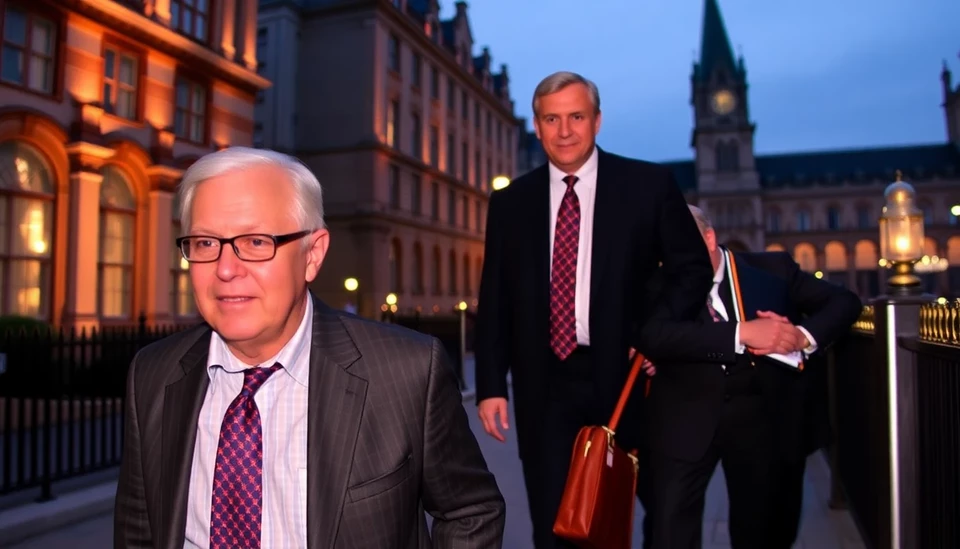
Recent surveys indicate that inflation expectations among UK consumers and businesses continue to remain elevated, a situation that presents a formidable challenge for the Bank of England (BoE) as it navigates economic recovery post-pandemic. The latest data reveals that households forecast inflation to be around 4.3% over the next five years—a slight decrease from previous estimates, yet still significant enough to warrant concern.
The BoE is closely monitoring these inflation expectations as they have considerable influence over actual inflation rates. Higher expectations can lead to wage demands and price increases, creating a cycle that perpetuates inflation. This concern is compounded by external economic pressures, including rising energy prices and ongoing supply chain disruptions, which continue to exert upward pressure on living costs.
In response to these challenging conditions, the BoE has indicated that it may need to act decisively to curb inflationary trends. Markets are anticipating potential interest rate hikes as the central bank grapples with balancing the need to support economic growth while reining in inflation. The central bank has emphasized its commitment to returning inflation to its target of 2%, underlining the importance of managing public perception around inflationary trends.
Additional reports suggest that businesses are also feeling the heat, with many indicating that they expect to pass increased costs onto consumers. This situation further complicates the BoE’s strategy as any significant rise in prices could lead to a tighter monetary policy, slowing down growth in the broader economy.
In the context of a global economic recovery, the UK's inflation outlook remains precarious. Consumer sentiment is influenced by various factors including geopolitical tensions, changes in consumer behavior post-pandemic, and the lingering impacts of government interventions. As a result, policymakers are faced with a balancing act: ensuring that the economy doesn’t stall while simultaneously addressing inflationary pressures.
The central bank's next steps will be closely watched by financial markets, businesses, and the general public alike. Analysts predict that if inflation expectations do not subside, the BoE may be compelled to adopt more aggressive monetary policies, impacting everything from borrowing rates to investment decisions. The coming months will be critical as stakeholders assess the efficacy of the BoE’s strategies in managing the delicate interplay between inflation and economic growth.
In conclusion, the UK faces a multifaceted challenge regarding inflation, as expectations remain stubbornly high. The Bank of England’s upcoming actions will be crucial in shaping the economic landscape in the near future, underscoring the importance of effective monetary policy in an ever-evolving economic environment.
#UK #Inflation #BankofEngland #EconomicRecovery #InterestRates #ConsumerExpectations #MonetaryPolicy #SupplyChainDisruptions
Author: Laura Mitchell




